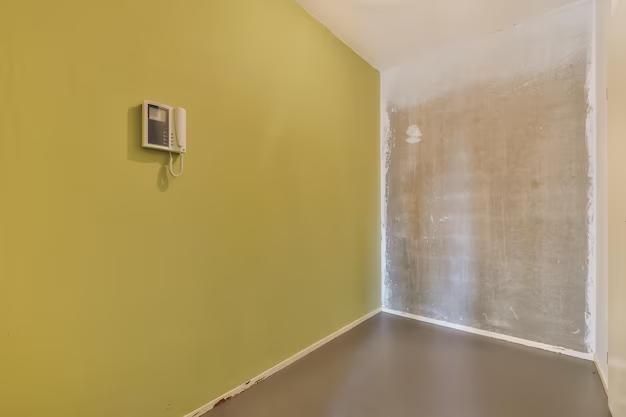Keep the Peace: Tips for Avoiding Noise Complaints in Your Apartment
Living in an apartment offers convenience and community, but can also bring challenges, especially when it comes to noise. It's easy to find yourself unintentionally disturbing your neighbors. Thankfully, with a few mindful adjustments, you can keep the peace while enjoying your home. Here are some practical strategies to avoid noise complaints in your apartment.
Be Mindful of Volume Levels
Keep it Down: Sound travels easily in apartment complexes, so be conscious of your voice volume. Limit loud discussions, laughter, and phone calls, particularly during late-night hours.
Adjust Your Electronics: TVs, music systems, and gaming consoles are common sources of noise. Use headphones or set volume levels low. Remember, bass travels further and may disturb neighbors below; adjust settings to minimize its effect.
Consider Your Flooring
Use Rugs and Carpets: Hard flooring like wood or tiles can amplify footsteps and dropped items. Adding rugs or carpets not only reduces noise but also adds warmth to your living space. Consider using anti-slip pads to keep them in place.
Manage Pet Noise
Train and Entertain: If you have pets, especially dogs, training them to be quiet can significantly reduce noise. Ensure they have toys or activities to keep them engaged and prevent boredom-induced barking or scratching.
Maintain Friendly Neighbor Relations
Communicate: Establishing rapport with your neighbors can alleviate tensions before they escalate. A friendly introduction when you move in can open communication lines. If you plan on hosting a gathering, inform them in advance.
Address Complaints: If a neighbor approaches you with a noise issue, listen and respond graciously. Understanding their concerns can help you adjust accordingly and avoid future complaints.
Schedule Your Activity Wisely
Time It Right: Save noisy activities like vacuuming or carpentry for daytime hours. Most apartment complexes have quiet hour policies, typically between 10 PM and 7 AM, which tenants are expected to follow.
Explore Soundproofing Solutions
Invest in Soundproofing: Simple solutions like weatherstripping doorframes, using sound-absorbing curtains, or installing bookcases against shared walls can dampen sound effectively. While these require some investment, they can enhance your privacy and comfort.
As you navigate apartment life, it's vital to recognize the importance of a harmonious living environment, not only for peace but also for lasting neighborly relations. Moreover, financial challenges can sometimes accompany the costs of soundproofing or moving to a more spacious home where noise is less of a concern. If you're grappling with financial strains, federal and state assistance programs can provide relief.
Financial Assistance Resources 🎯
Low-Income Home Energy Assistance Program (LIHEAP): Helps with energy costs for heating and cooling, alleviating some financial burdens for low-income households.
Federal Housing Administration (FHA) Loans: Offers help to homebuyers with lower income or poor credit, enabling a smoother transition to homeownership.
Educational Grants and Scholarships: Financial support for academic pursuits can free up funds, making responsible choices more feasible.
Debt Relief Programs: These provide structured ways to repay debts, often consolidating payments and reducing overall interest.
When it comes to managing noise in your living space, being mindful, proactive, and informed can make all the difference. Combine these strategies with available financial support, and you can enjoy a peaceful lifestyle without the looming worry of noise complaints or financial hurdles.

